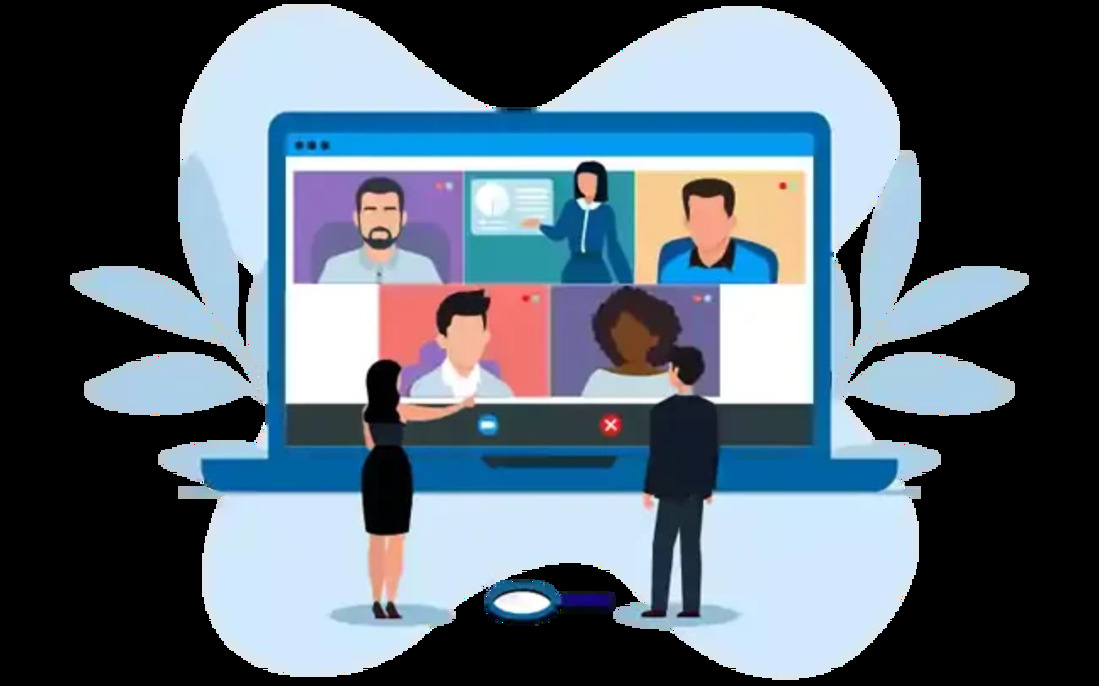In today’s digital-first business environment, webinars have evolved from simple online presentations into one of the most effective tools for sales enablement. They bridge the gap between marketing and sales by providing an interactive, scalable, and engaging platform to educate prospects, demonstrate value, and nurture long-term relationships. From product training and live demos to sharing real-world case studies, webinars can accelerate the buyer’s journey and help sales teams close deals faster.
1. Webinars as a Training Platform
Sales enablement begins with equipping both your internal teams and your prospects with the right knowledge. Webinars provide an ideal environment for real-time training — whether it’s onboarding new sales reps or educating potential customers about your product’s core features.
For internal sales teams, training webinars can cover topics such as product updates, competitive positioning, and objection handling. They ensure consistency of information across distributed teams and allow subject matter experts to address questions directly. Unlike static documents or pre-recorded videos, live webinars encourage participation through Q&A sessions, polls, and feedback surveys — making learning interactive and memorable.
For prospects, training-focused webinars serve as an educational resource that subtly aligns with the brand’s value proposition. When a business provides free learning sessions — such as “How to Secure Your Network Using Zero Trust Architecture” or “Optimizing Supply Chain Efficiency Through AI” — it positions itself as a thought leader. This trust-building approach often leads to higher engagement and conversion rates.
2. Live Demos: Turning Interest into Action
Product demonstrations are a crucial step in the sales funnel, and webinars provide the perfect platform for hosting live demos that resonate with diverse audiences. Rather than scheduling multiple one-on-one sessions, sales teams can showcase key capabilities to hundreds of participants at once.
A well-designed demo webinar walks attendees through real use cases, highlighting how the product solves specific pain points. For example, a cybersecurity company might demonstrate how its threat detection platform mitigates ransomware attacks in real time. Such visual storytelling turns abstract benefits into tangible outcomes.
Moreover, webinars offer interactive tools — screen sharing, breakout rooms, and live chat — that enhance personalization. Sales representatives can segment participants by industry or role and address relevant challenges on the spot. After the webinar, follow-up emails with the demo recording, feature documentation, and special offers help sustain momentum and move leads closer to purchase.
3. Case Studies: Proof That Builds Trust
While demos show what a product can do , case studies prove what it has done . Incorporating customer success stories into webinars adds credibility and social proof—two critical components of the decision-making process.
When a client joins a webinar to share their success using your product, it transforms marketing content into authentic advocacy. Hearing firsthand accounts of measurable results — such as “50% reduction in operational costs” or “3x faster data processing” — resonates more deeply than traditional ads.
These sessions also enable potential buyers to ask real customers about their implementation journey, challenges, and outcomes. Such peer-to-peer validation can significantly shorten sales cycles and strengthen confidence in your offering.
Additionally, recorded case study webinars become evergreen assets for the sales team. They can be repurposed into snippets for social media, embedded on landing pages, or used in nurturing campaigns — extending their value well beyond the live event.
4. Integrating Webinars into the Sales Funnel
To maximize impact, webinars should be strategically aligned with each stage of the sales funnel :
- Top of Funnel (Awareness): Host thought leadership webinars to attract leads and build authority.
- Middle of Funnel (Consideration): Offer demo and training webinars to educate prospects about features and benefits.
- Bottom of Funnel (Decision): Conduct customer success or case study webinars to reinforce trust and drive conversions.
Pairing webinars with CRM and marketing automation tools enables sales teams to track engagement metrics - attendance, questions asked, and downloads - and personalize follow-ups accordingly.
5. The Future of Sales Enablement Webinars
With the rise of AI-driven analytics and virtual engagement platforms, webinars are becoming smarter and more data-centric. Real-time sentiment tracking automated, lead scoring, and personalized post-webinar outreach are turning these sessions into dynamic conversion engines.
As hybrid work and global audiences continue to grow, webinars will remain a vital component of the sales enablement toolkit. They not only empower sales teams with education and engagement opportunities but also give prospects the confidence and clarity to make informed decisions.
Read More: https://intentamplify.com/
